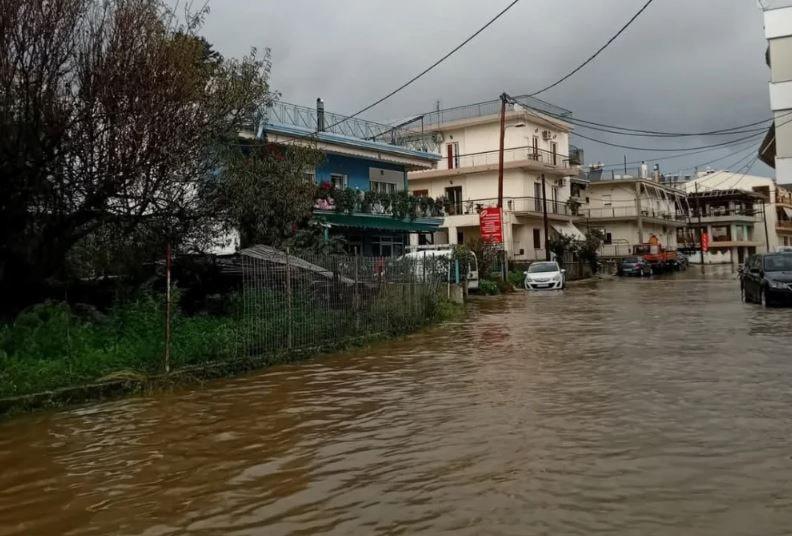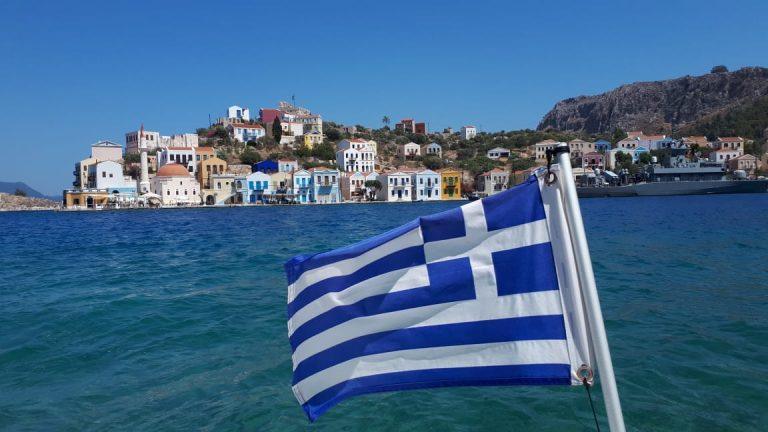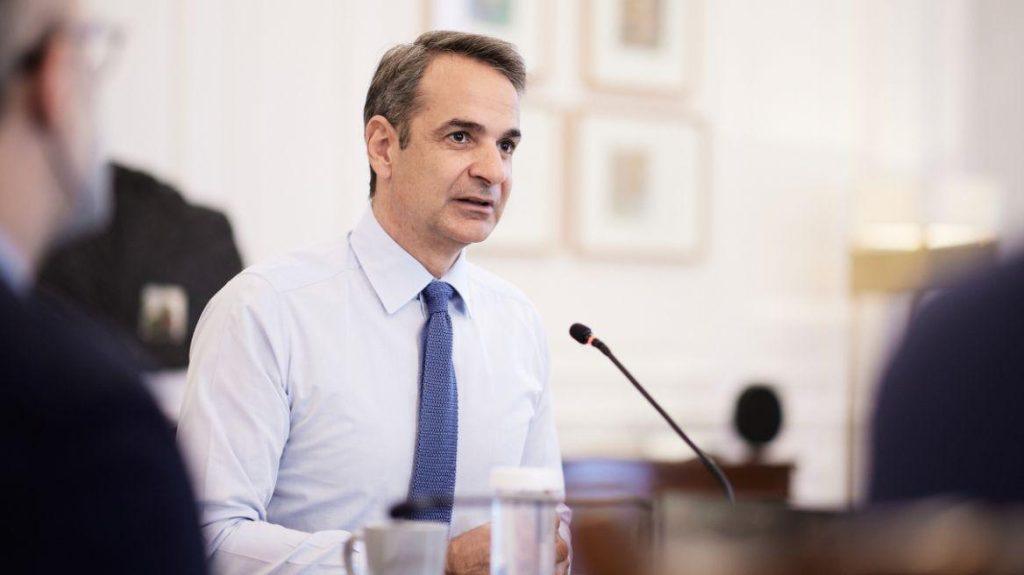The main concern and first priority for the government and financial staff in the current situation is the avoidance of the arrival of lockdowns in Greece as in some European countries. Despite the multifaceted and daily assurances that the economy will not close again, government officials are deeply concerned about a steep rise of the “tough” pandemic indicators as the possible imposition of severe restrictive measures would have a huge economic impact.
In fact, at a time when the Greek economy is in a phase of rapid return to pre-pandemic levels (in the fourth quarter, the losses of 2020 are expected to “disappear”, with the level of real GDP at the end of 2022 exceeding the corresponding level of 2019 by 1, 7%), with prospects for a positive impact on government revenues.
An unpleasant upheaval on the pandemic front – with a simultaneous threat of a prolonged energy crisis – raises serious uncertainties. However, sources in the know, assure that there are resources for any eventuality, noting that the country’s coffers have been managed prudently. This, they say, remains at a high level, enough for the government to cope with endogenous and external crises, such as health or other upheavals, and that there are resources to support the respective policy decisions.
Of particular interest is the unfavorable scenario of the Greek budget: the reduction of the nominal growth rate by 1% in 2022 to 3.5% means that GDP will reach 185.5 billion euros from 177.6 billion euros in 2021 – compared to nominal GDP of 187.3 billion euros in 2022 in the baseline scenario.
Such a change in the level of nominal GDP would lead to a deterioration of the fiscal result by 0.5% of GDP compared to the 2022 budget scenario for 2022.
The State Budget Office points out that the implementation of the projected budget figures contains significant uncertainties stemming from the alarming development of the pandemic (with our country remaining in the worst European positions in terms of health impacts and consequences), possible permanent losses from the recession caused by the pandemic, the degree of ability of taxpayers to meet their obligations and, finally, the possibility of a reversal of monetary policy due to inflationary pressures.
Deceleration
Analysts point out that if the restrictions imposed on eurozone countries are not lifted by the new year, then the additional financial risks will apply for the first quarter of 2022 – and therefore any restrictions on economic activity will be offset again by additional support measures for households and businesses.
According to a report by UBS, Greece, Austria, Germany, Belgium, Finland, Ireland, the Netherlands, Slovakia and Slovenia are facing intense pressure with the indices. The nine countries account for 50% of the eurozone’s GDP and are growing near record highs. If they resort to lockdown, including Greece, UBS estimates that the loss in the growth rates of the eurozone for the fourth quarter would be in the order of 0.7-0.8 percentage points, which means that the eurozone would remain stagnant.
Indicatively, according to Bloomberg, up to 1.2 billion euros per week could cost the global lockdown to halt the spread of the coronavirus in Austria, where it has entered into force, pushing up to 400,000 workers in state aid programs.
















![Ελβετικό φράγκο: Πάνω από 3.000 αιτήσεις για ρύθμιση δανείων [πίνακες]](https://www.ot.gr/wp-content/uploads/2025/09/ot_elvetiko_fragko.jpg)
![Ακίνητα: Σε ποια εξοχικά στρέφονται οι επενδυτές [ πίνακας]](https://www.ot.gr/wp-content/uploads/2026/02/property-scaled.jpg)























